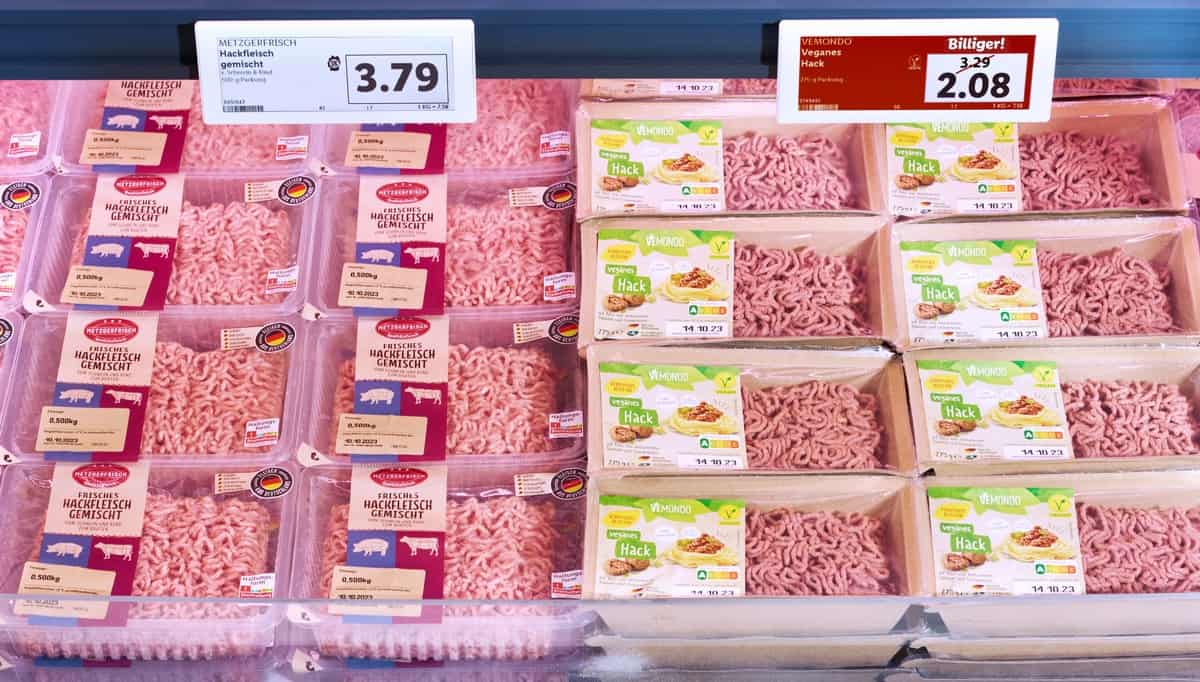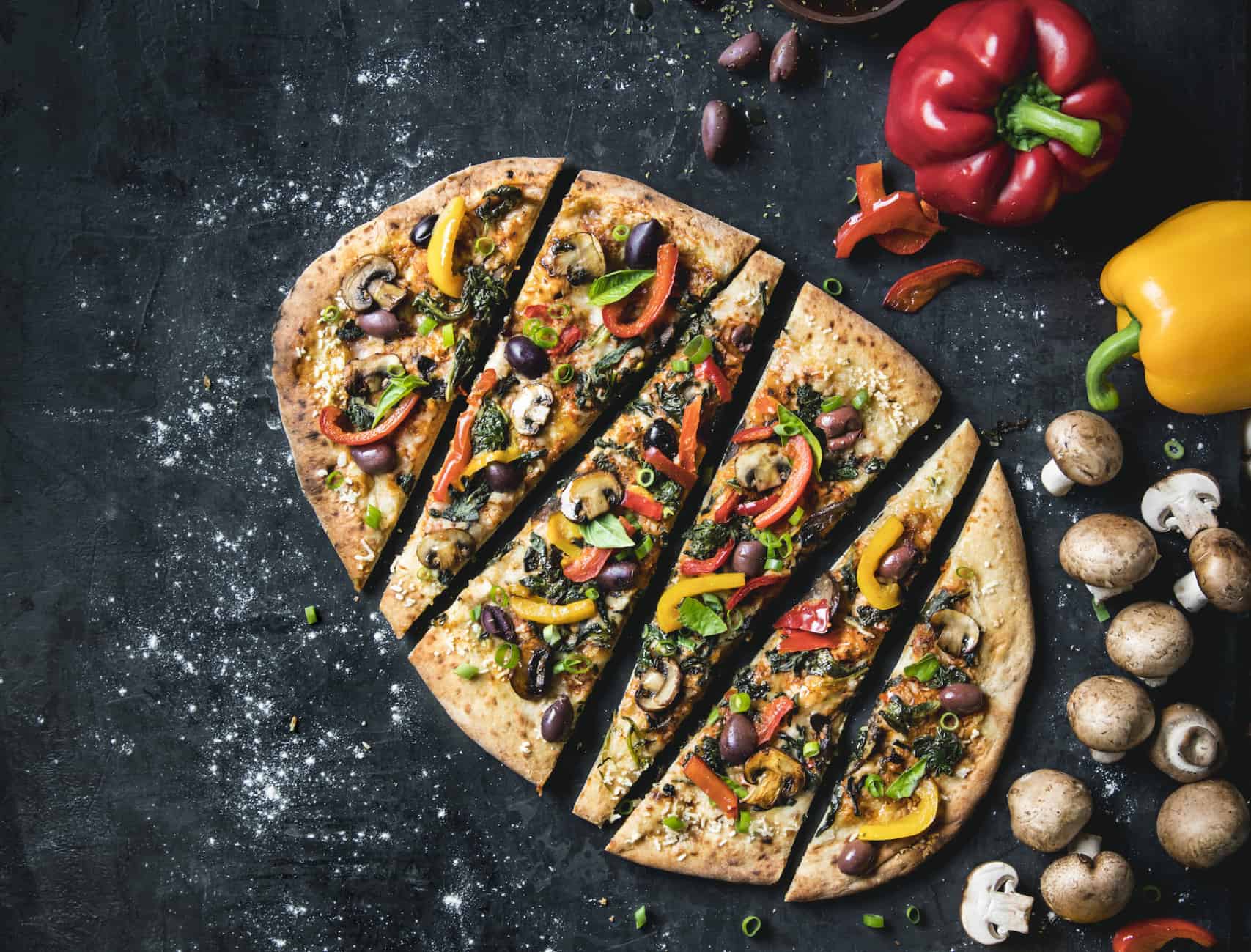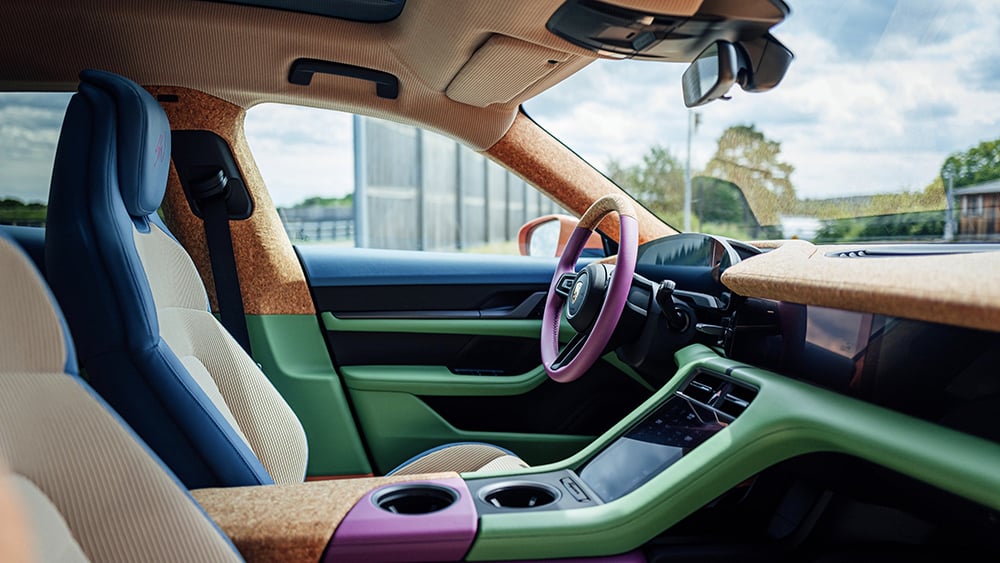Margarine and spread company Upfield has calculated the greenhouse gas emissions its customers have prevented over the past year by choosing its plant-based products. The total is estimated at up to six million metric tonnes of CO2 equivalent.
Study Finds Plant-Based Beef Significantly More Sustainable Than Traditional Beef
A research team from Macquarie University in Australia has conducted a comparative study analyzing papers from various countries on the sustainability and nutrition of beef versus plant-based beef, revealing some interesting results. Plant-based beef was found to significantly lower greenhouse gas emissions, with reductions ranging from 86% to 97% in various studies. Plant-based beef also requires less land, estimated to be less than 5%. “Roughly 75 % of global agricultural land is for animal production while animal-based foods provide only 18 % human calories and 25 % protein in global good supply,” states the paper. The new research also shows that plant-based beef, particularly burgers, generally have lower energy and saturated fat content but lower levels of protein compared to beef. Emission sources Cattle contribute to emissions primarily …




















